Kindergarten Ready? These 15 Skills Matter More Than Knowing the Alphabet
Kindergarten is a major milestone, but being “ready” involves much more than recognizing letters or reciting the alphabet. While early literacy is important, true kindergarten readiness means children are prepared socially, emotionally, and practically for the demands of the classroom. Skills like making friends, following instructions, and handling big feelings can set the stage for academic and personal success. According to experts, social-emotional abilities are as critical as cognitive ones. Focusing on these broader skills helps children thrive from day one, making school a positive experience for everyone.
1. Following Directions

The ability to listen and follow multi-step directions is a cornerstone of kindergarten success. Children who can hear, process, and act on instructions—like “put away your crayons, then sit on the rug”—are better equipped for classroom routines and group activities. When a child follows directions, transitions are smoother and participation is more effective. In contrast, kids who struggle may feel lost or frustrated, making it harder to keep up with peers and daily expectations.
2. Sharing and Taking Turns
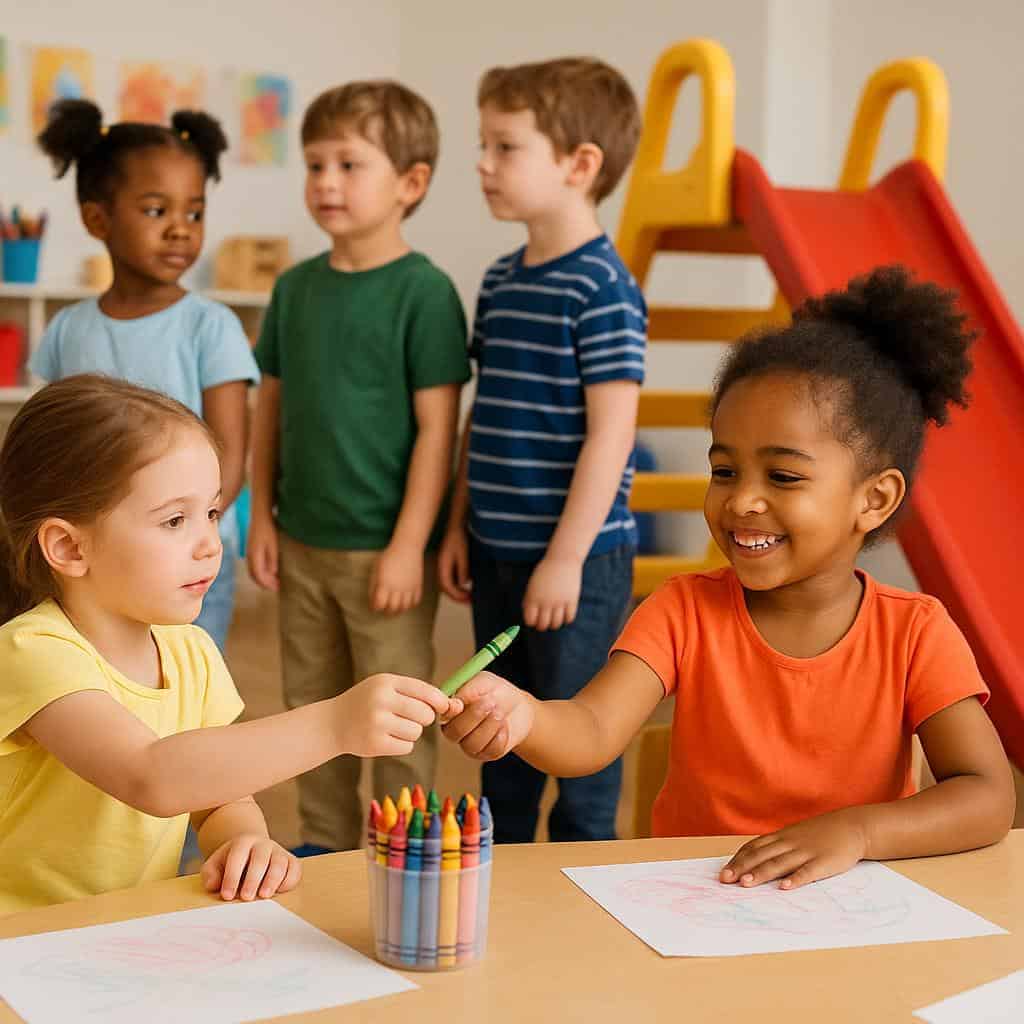
Sharing and taking turns are essential for positive kindergarten interactions. Whether it’s using crayons during art time or waiting patiently in line for the slide, these skills help children navigate group settings with ease. Mastering the art of sharing prevents conflicts and teaches kids to respect others’ needs, fostering a sense of community. According to NAEYC, social-emotional skills like these lay the groundwork for collaborative learning and build healthy classroom relationships.
3. Expressing Needs and Feelings

Being able to communicate needs and feelings is a powerful tool for young children. Instead of acting out or withdrawing, a child who can say, “I need help” or “I feel sad,” is more likely to get the support they require. Examples include raising a hand to request a bathroom break or using words to express frustration instead of resorting to tears or outbursts. According to CDC guidance, these communication skills are key for emotional well-being in school.
4. Managing Separation

Managing separation from caregivers is a vital kindergarten readiness skill. Children who can say goodbye with confidence adjust more smoothly to the classroom, allowing teachers to start the day positively. In contrast, those who struggle may experience anxiety, making transitions challenging for everyone. This growing independence not only supports daily routines but also helps children feel secure and ready to learn in their new environment.
5. Self-Care Skills
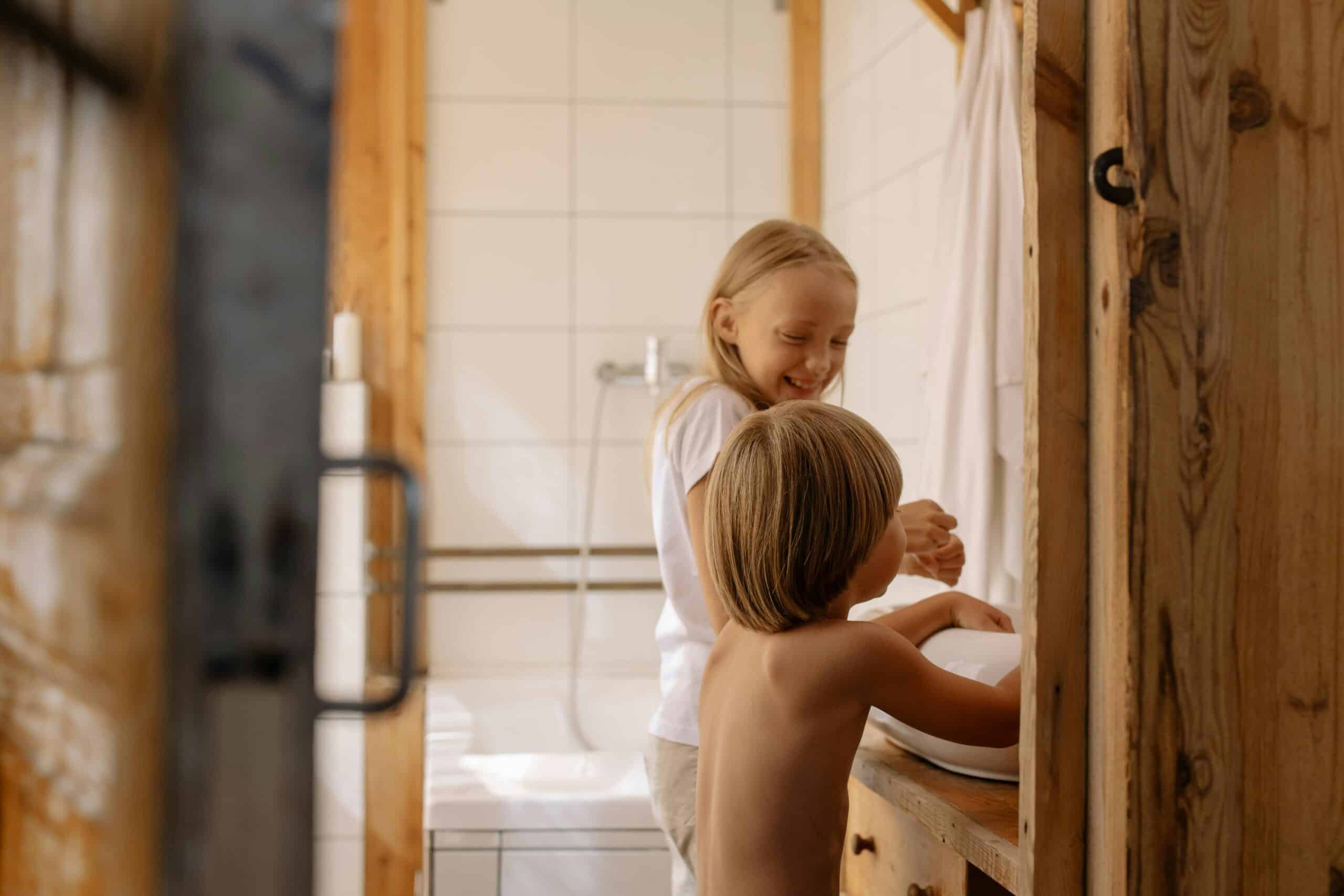
Basic self-care skills empower children to handle daily routines confidently. Tasks like using the bathroom, washing hands, zipping jackets, or opening lunch containers may seem simple, but they play a big role in fostering independence. Children who can manage these tasks on their own require less teacher assistance and feel more capable in the classroom. According to HealthyChildren.org, mastering self-care boosts confidence and sets a strong foundation for learning.
6. Paying Attention
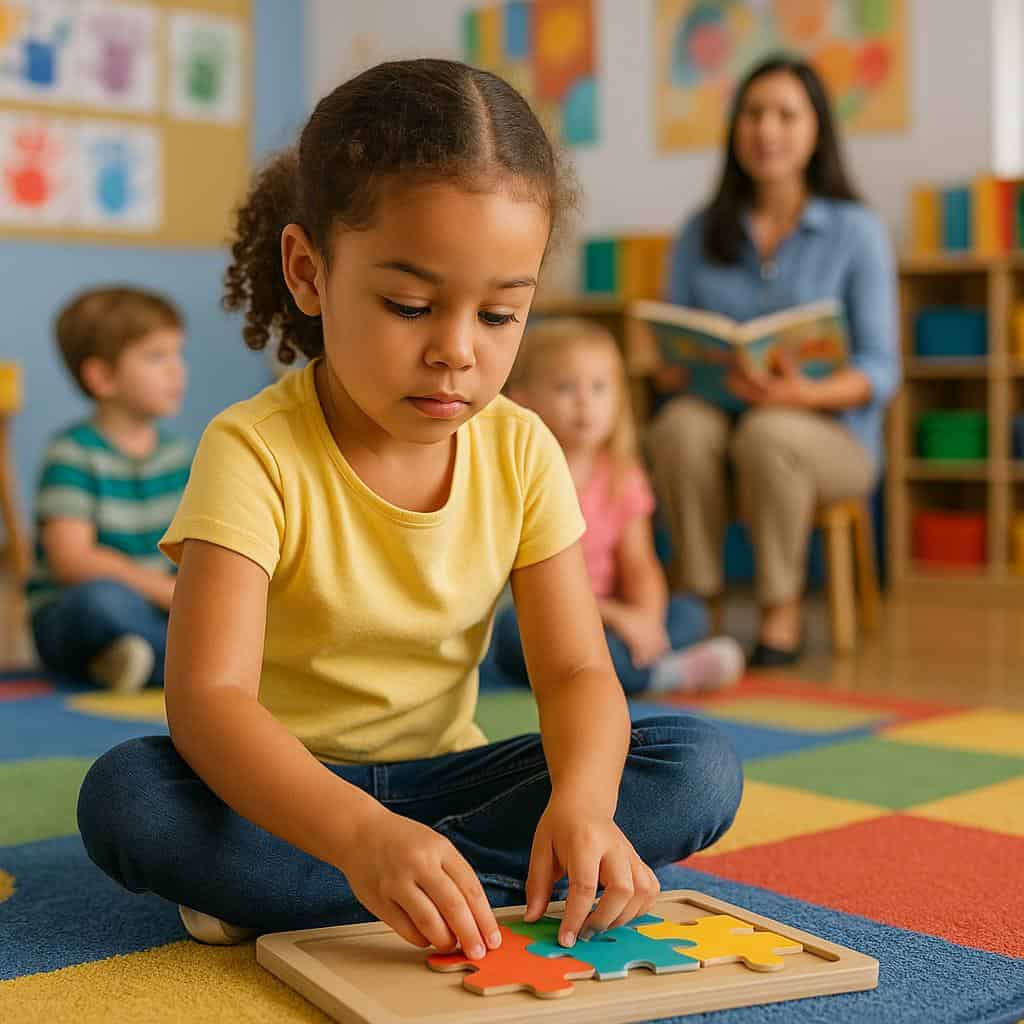
The ability to pay attention is essential for kindergarten success. Children are expected to focus on a story during group time or stick with a puzzle until it’s finished. A child who can maintain focus—even for just several minutes—participates more fully and absorbs new information. According to Child Mind Institute, building attention spans at an early age lays the groundwork for effective learning and classroom engagement.
7. Recognizing and Naming Emotions
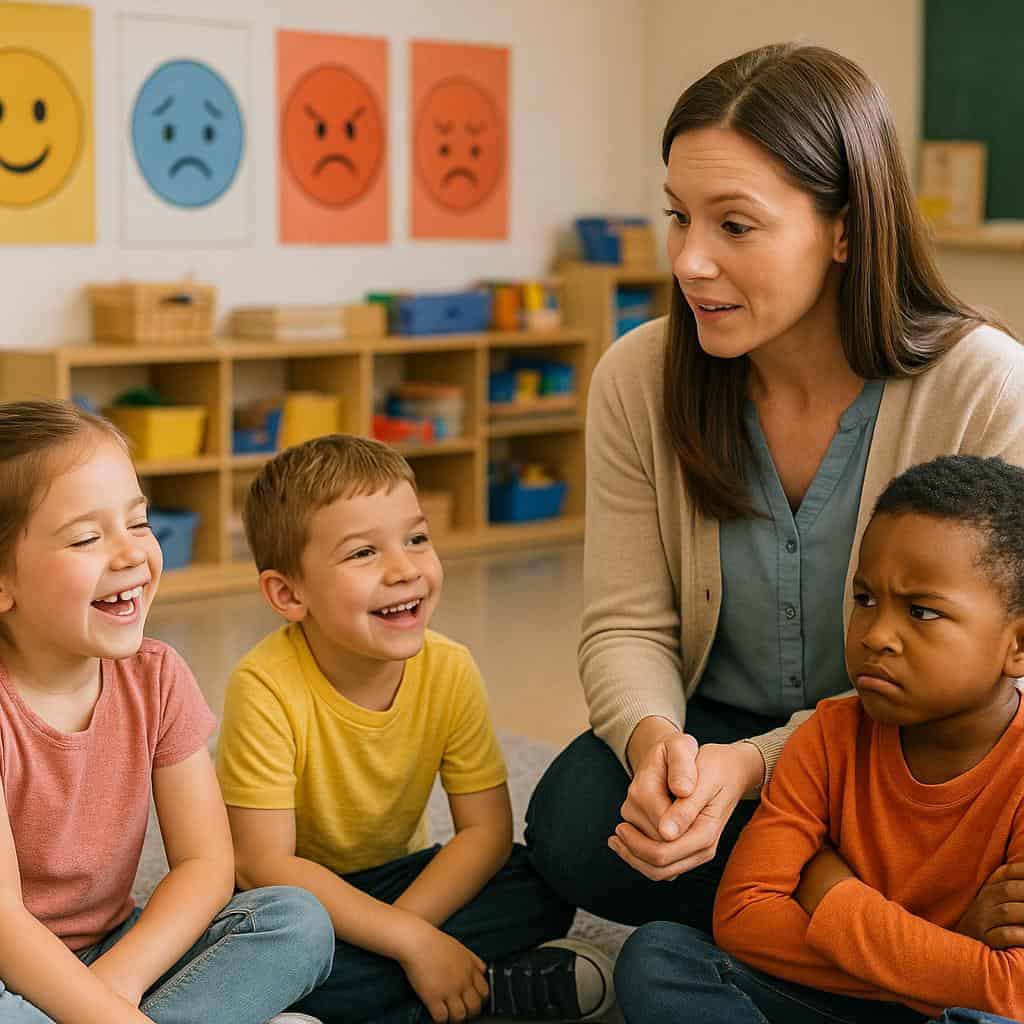
Being able to recognize and name emotions—like happy, sad, or angry—helps children navigate social situations. When kids can tell a teacher, “I’m feeling frustrated,” or share happiness with a classmate, it fosters emotional regulation and empathy. According to ZERO TO THREE, these skills support healthier relationships and more effective problem-solving in the classroom.
8. Engaging in Group Activities
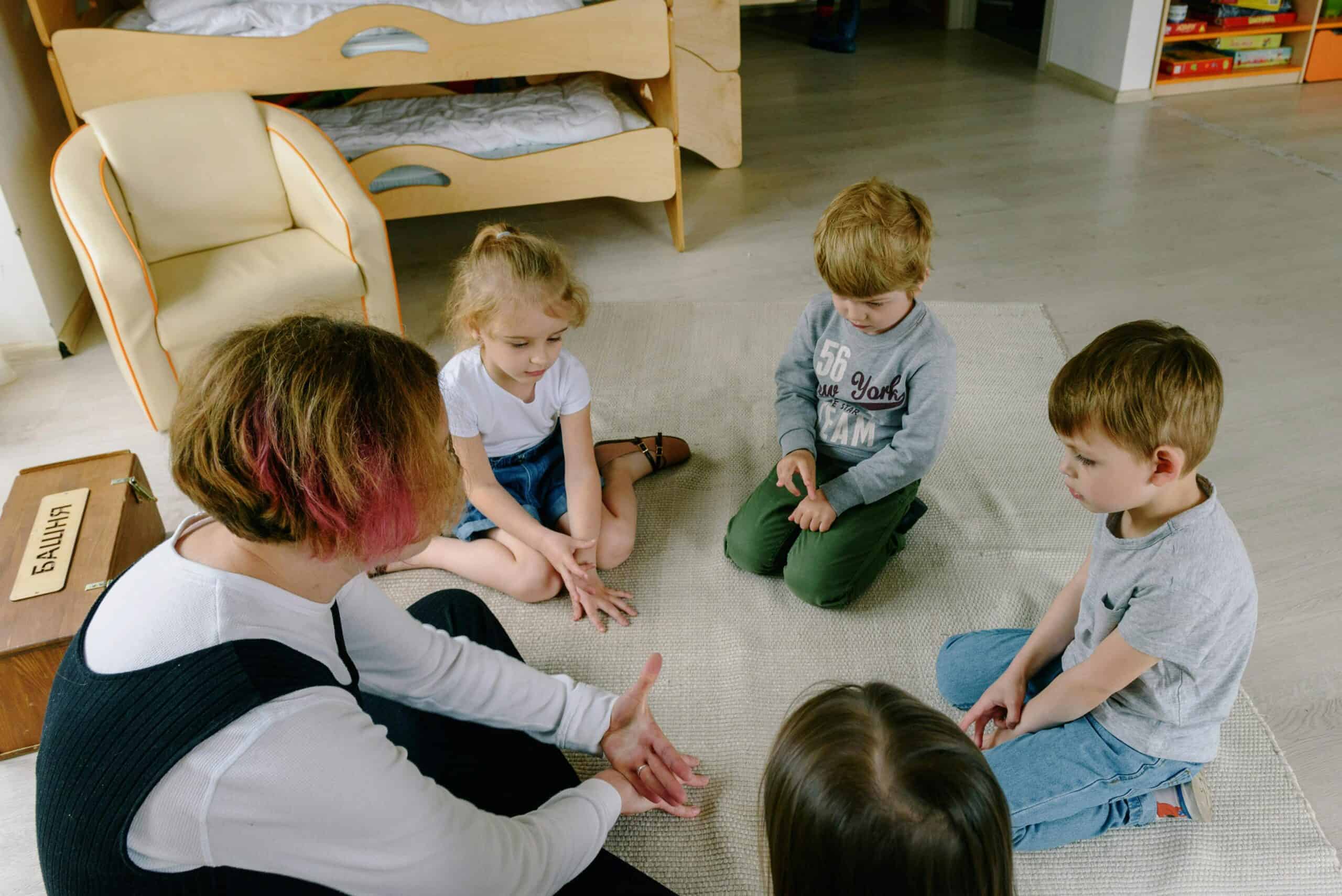
Participating in group activities—like games, songs, or collaborative projects—builds vital social skills. Children who join in learn to cooperate, take turns, and listen to others, which are crucial for classroom harmony. Those who primarily choose solitary play may miss out on these important lessons. As noted by PBS Parents, engaging in group play helps kids develop teamwork and strengthens friendships.
9. Fine Motor Skills
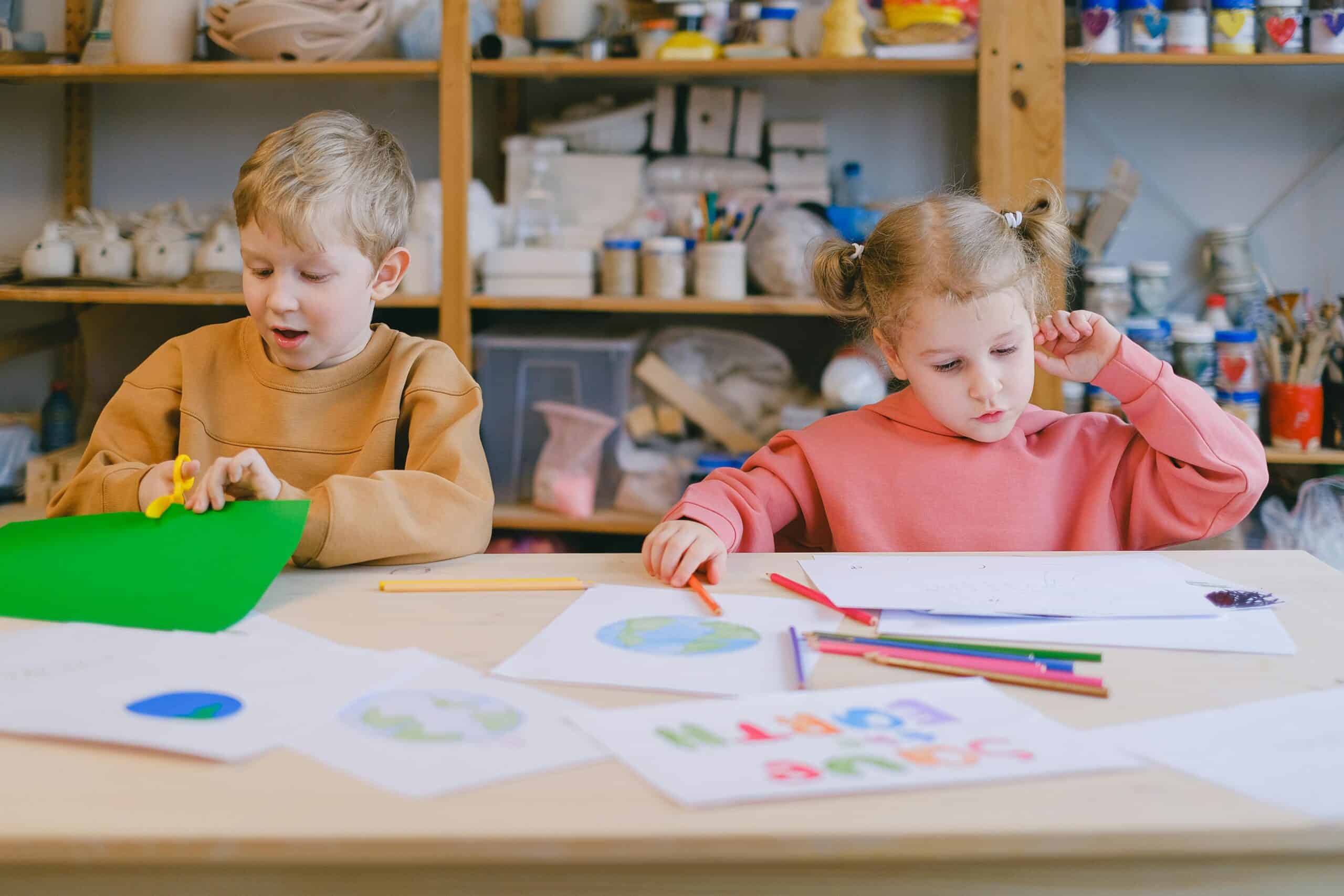
Fine motor skills—such as holding a pencil, cutting with scissors, or manipulating small objects—are essential for many classroom activities. Children who can draw shapes, use building blocks, or manage art supplies participate more confidently in writing and craft projects. Those who struggle with fine motor control may find these tasks frustrating and fall behind peers. According to Reading Rockets, developing these skills early helps set the stage for academic success.
10. Gross Motor Skills
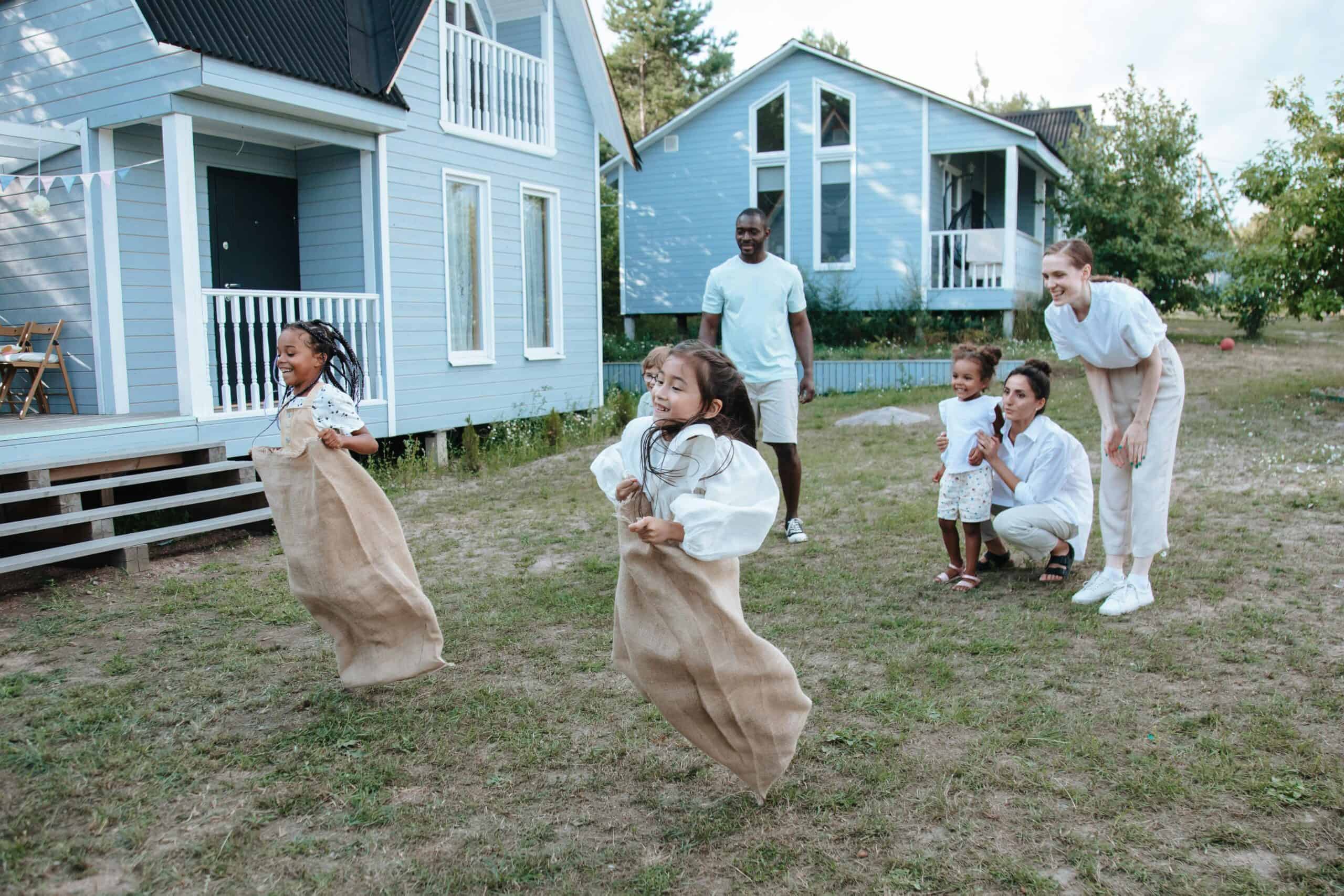
Gross motor skills—like running, jumping, and balancing—are vital for children’s physical health and active participation in play. Children who can confidently navigate playground equipment or join in group games develop coordination and build strength. According to CDC guidelines, these large movements also lay the foundation for lifelong habits of movement and help children engage fully in energetic classroom activities.
11. Curiosity and Asking Questions
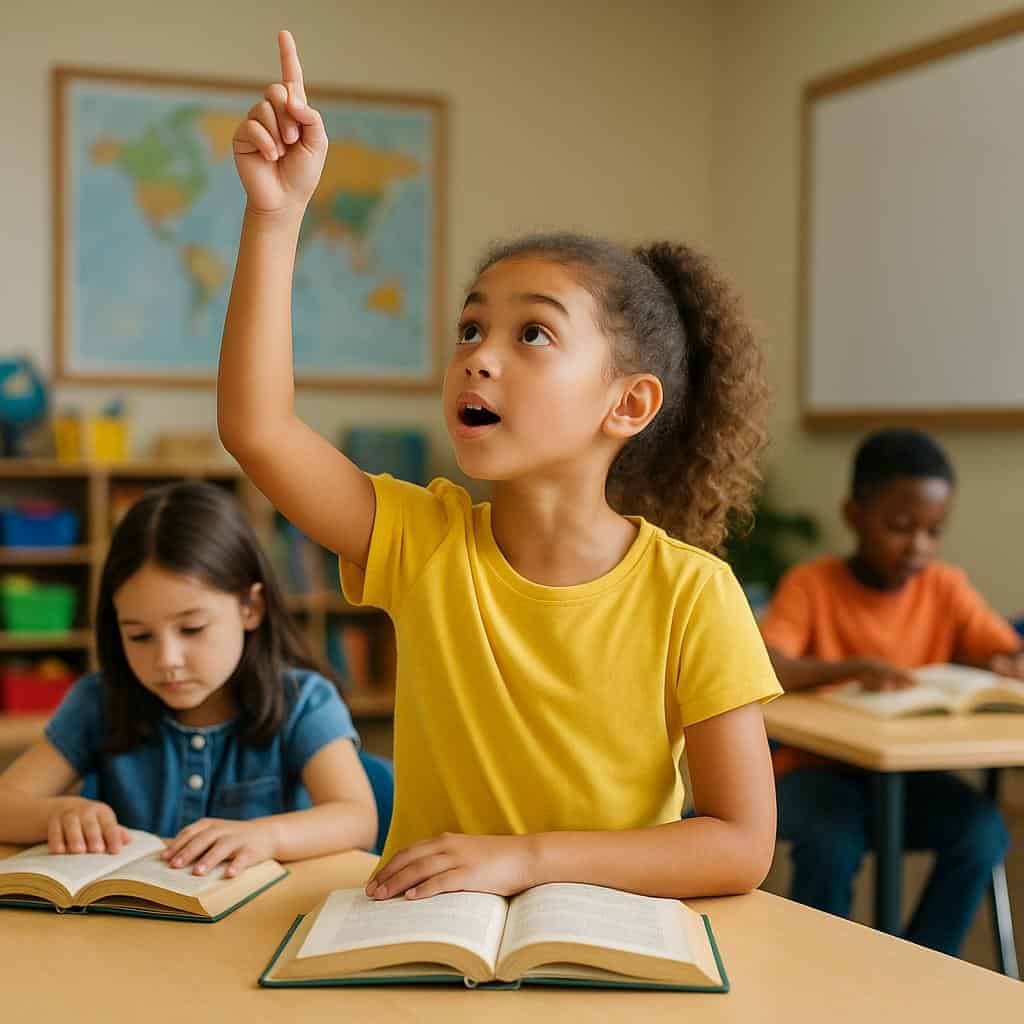
Curiosity drives learning. Children who eagerly ask questions like, “Why is the sky blue?” or who dive into new books tend to engage more deeply in classroom activities. This natural inquisitiveness leads to greater exploration and understanding. According to NAEYC, encouraging curiosity helps children develop problem-solving skills and a lifelong love of learning, while those who are hesitant may miss out on key opportunities for discovery.
12. Problem-Solving Skills
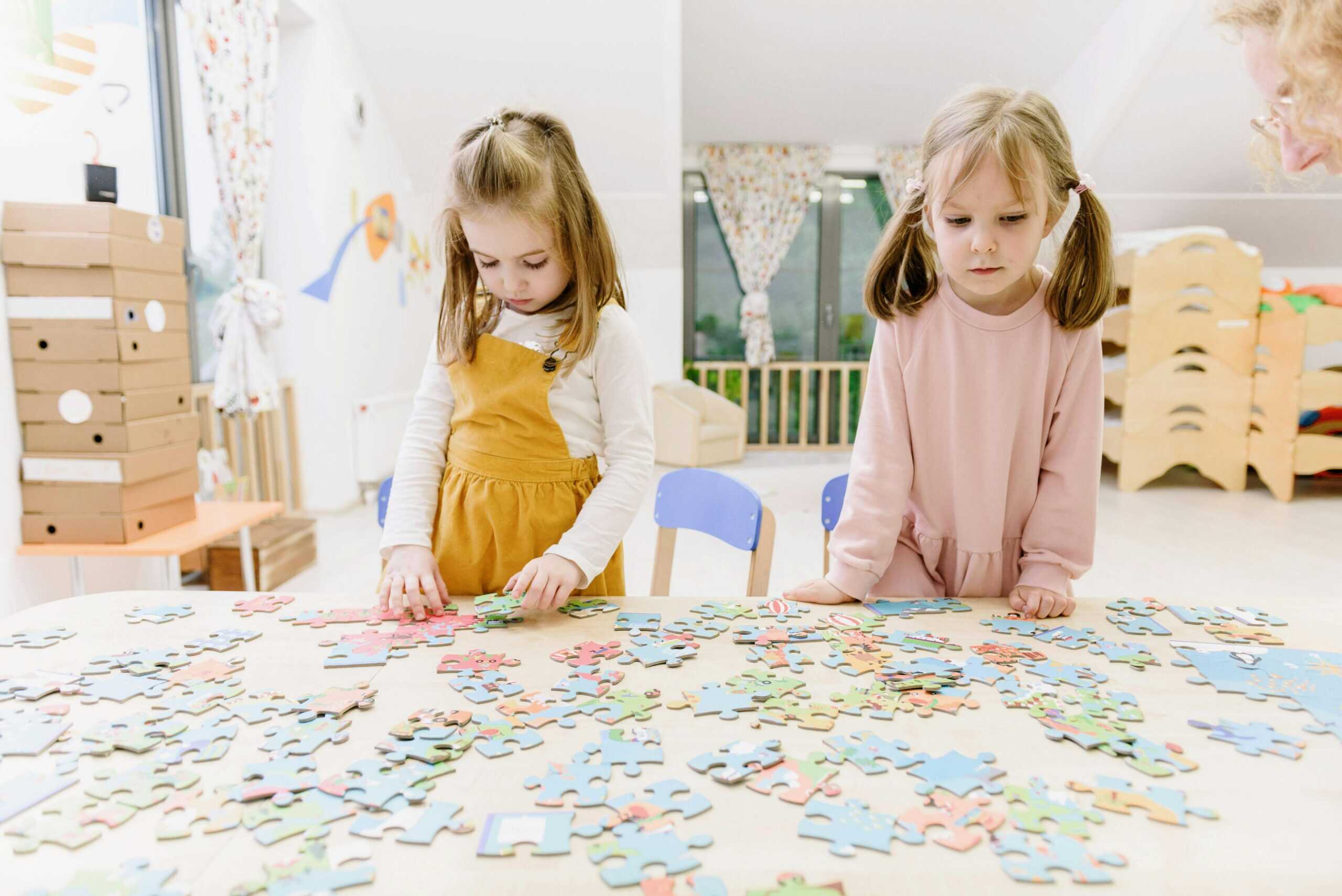
Problem-solving is a key skill for school readiness. Children who can figure out how to share toys, complete puzzles, or resolve small disagreements are better equipped to handle challenges in the classroom. Those who persist and try new solutions develop resilience and confidence, while others may become easily frustrated and give up. According to ZERO TO THREE, nurturing problem-solving skills in early childhood fosters independence and critical thinking.
13. Listening to Others
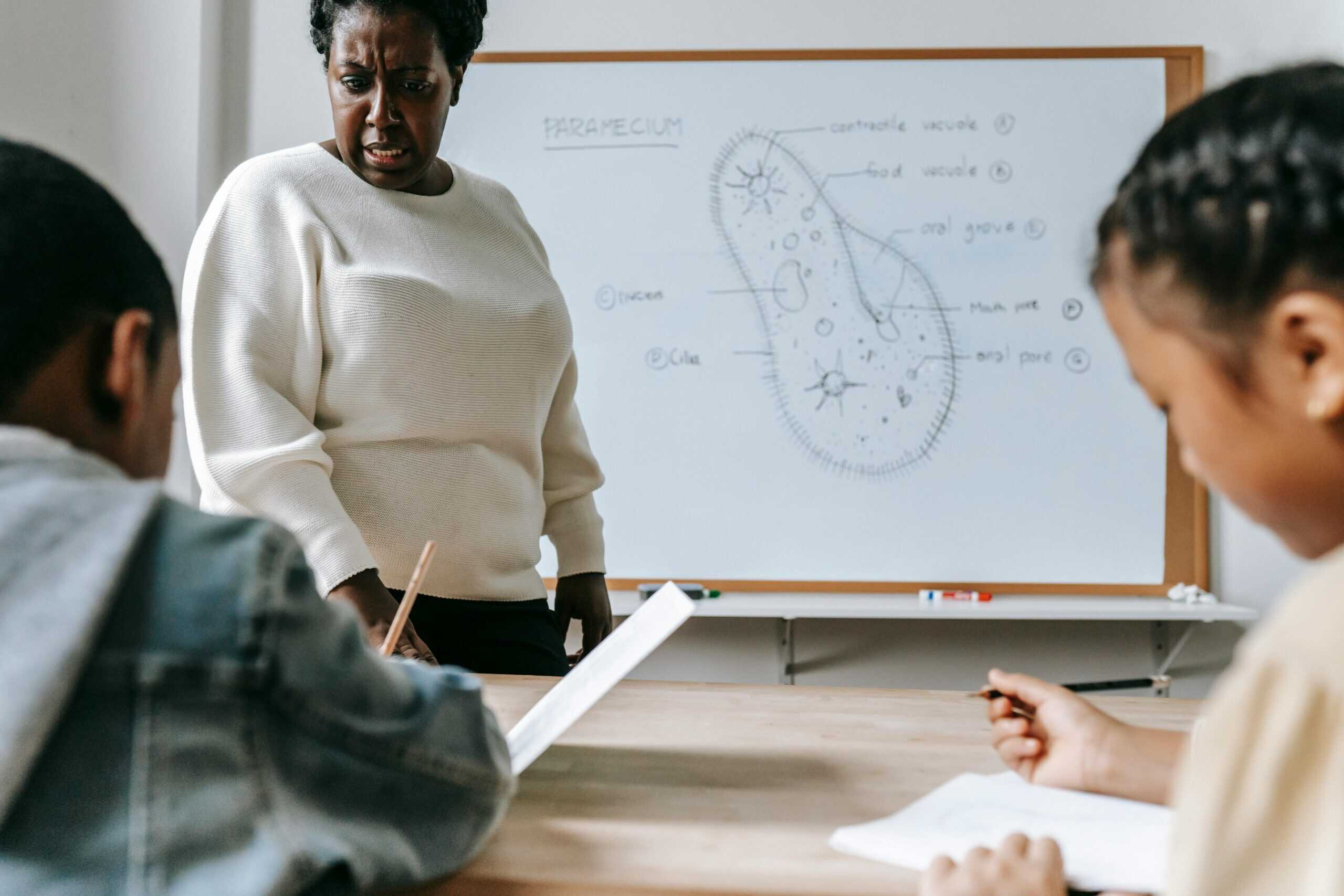
Listening to others is essential for respectful communication and effective learning. Whether during a group discussion or while playing with peers, children who pay attention when a teacher or classmate speaks help create a positive classroom environment. Active listening builds understanding, patience, and empathy. As outlined by ASHA, strong listening skills are foundational for building social relationships and academic growth in early childhood.
14. Respecting Personal Space

Understanding and respecting personal space helps maintain harmony in the classroom. Examples include sitting in assigned spots during circle time or waiting for a turn without crowding others. Children who grasp these boundaries contribute to a calm, cooperative environment, while those who struggle may cause discomfort for peers. According to Child Mind Institute, this skill is vital for social success and emotional safety.
15. Adapting to Change
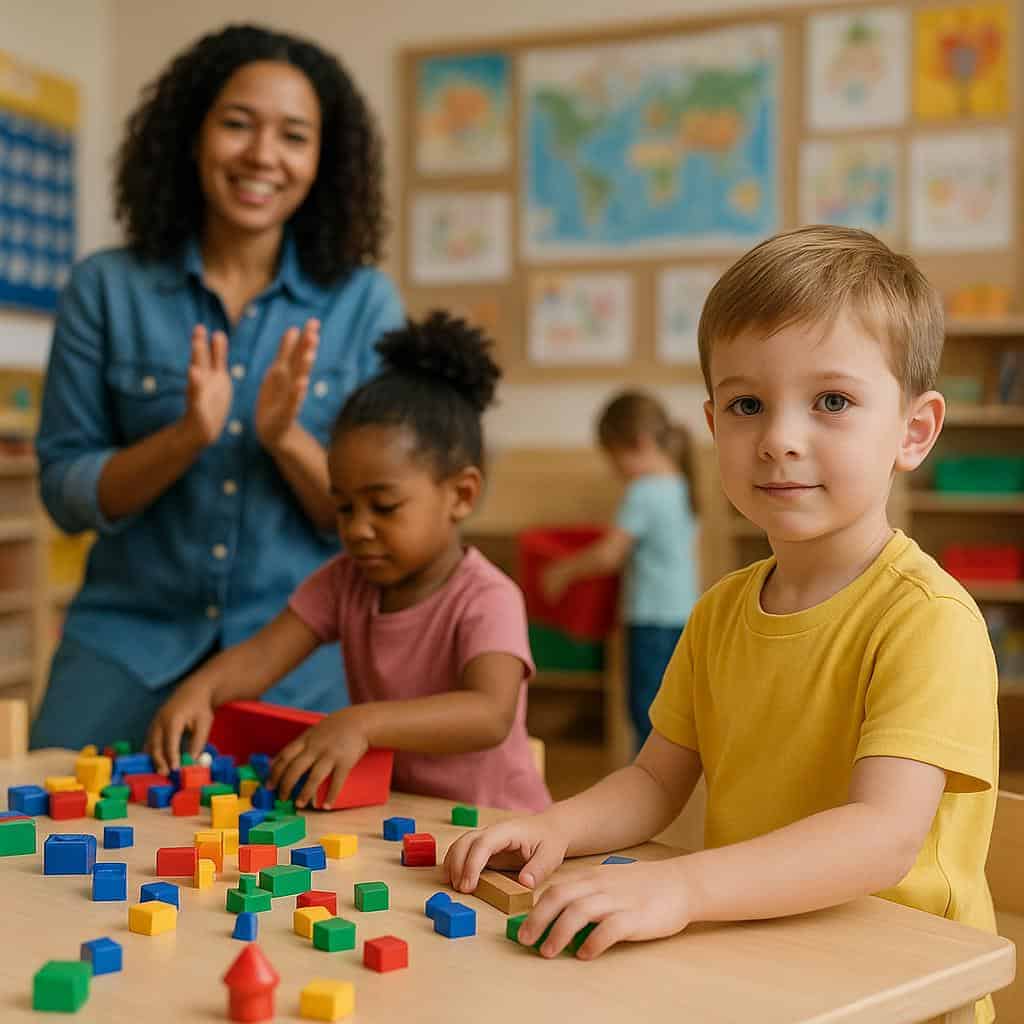
Flexibility is a crucial ingredient for kindergarten success. Children who can adapt when routines or activities change—such as moving from playtime to cleanup—cope better with the unpredictable nature of school life. Those who handle transitions smoothly are less likely to become upset or anxious. As highlighted by NAEYC, the ability to adapt supports emotional resilience and helps children thrive in dynamic classroom environments.
Ready for More Than Letters
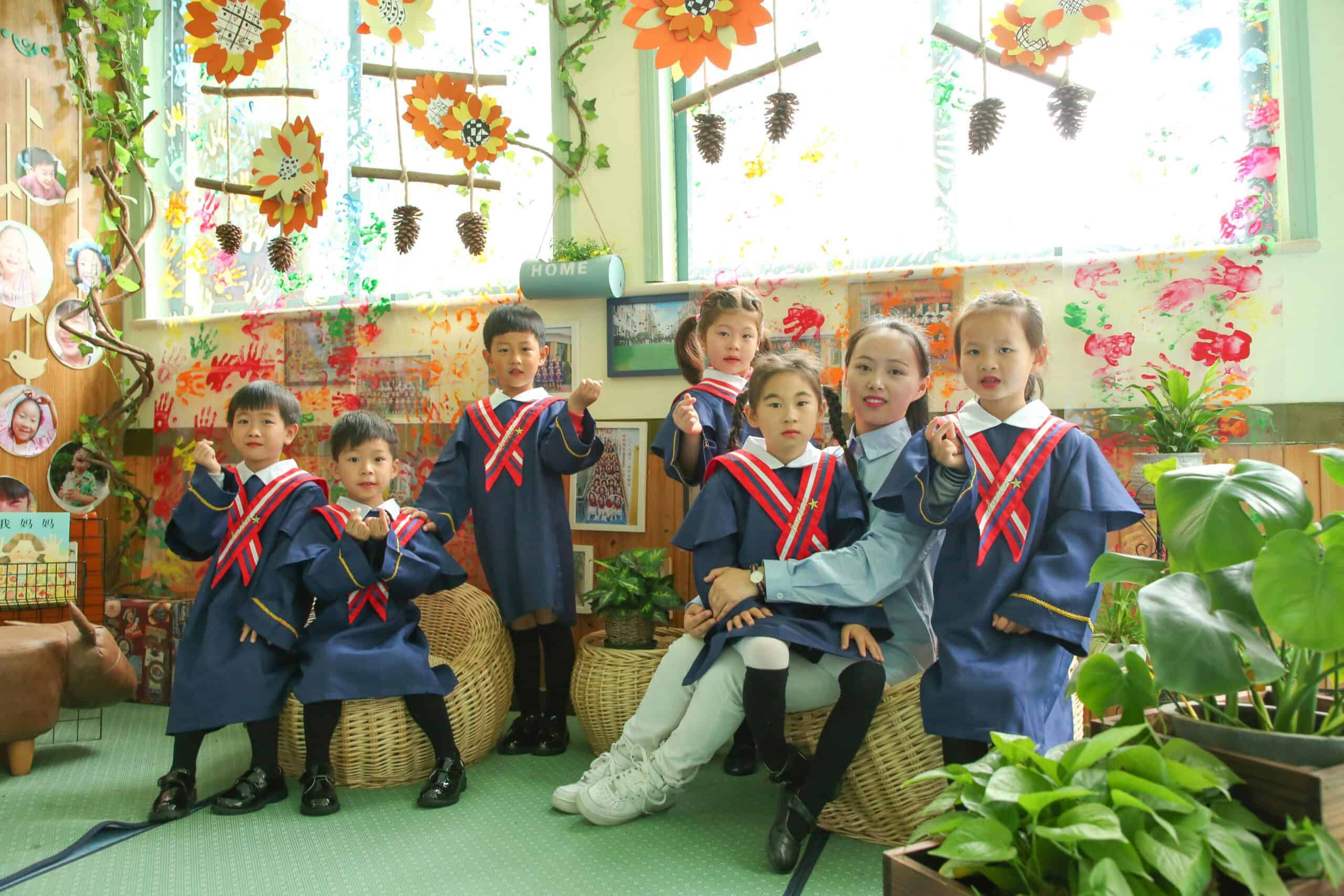
Kindergarten readiness is about much more than memorizing the alphabet. A strong foundation for school success comes from developing social, emotional, and practical skills that help children navigate the classroom with confidence. From following directions to adapting to change, these abilities shape a positive school experience. By focusing on holistic development, families and educators can better prepare children for the joys and challenges ahead. For more tips, explore resources from HealthyChildren.org and start your child’s journey on the right foot.
.article-content-img img { width: 100% }




